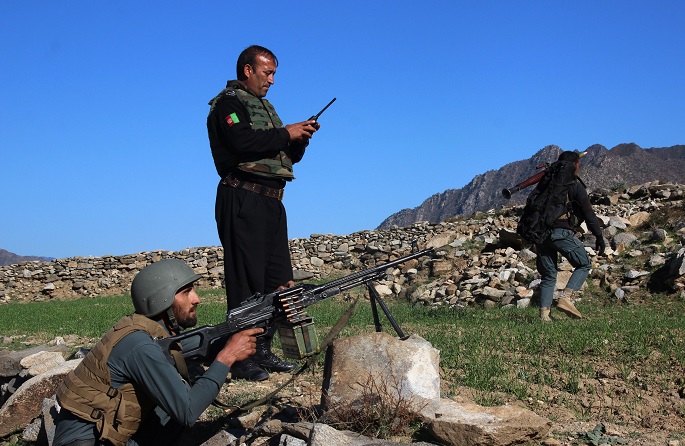Migri finds Afghanistan, Iraq, Somalia still unsafe
Published : 21 Dec 2018, 05:04
Updated : 21 Dec 2018, 12:02
The Finnish Immigration Service (Migri) has updated its reports on the security situation in Afghanistan, Iraq and Somalia.
The guidelines of Migri will remain largely unchanged. In Afghanistan and Somalia, the security situation continues to be unstable, said a press release.
In Afghanistan, there are still several areas to which, owing to the security situation, asylum seekers cannot be required to return.
In Iraq, the level of violence against civilians has continued to fall. The terrorist organisation ISIS is nevertheless capable of carrying out attacks and still poses a significant threat in Iraq.
In each case, Migri examines whether the asylum seeker is specifically at risk of persecution or serious harm in his or her home country. The agency also assesses whether it is safe, possible and reasonable for the asylum seeker to relocate to another area in his or her home country. Simply stating that an asylum seeker is from Afghanistan, Iraq or Somalia will not automatically give the individual the right to international protection.
If the level of violence in a certain area is categorised as extremely high, everyone residing in the area is deemed to be at risk. In that case, a person may be granted subsidiary protection on the basis of their place of origin.
Migri publishes situation reports on the countries every six months. Because the security situation in the countries in question can change quickly, up-to-date country information for asylum decision-making is produced continuously.
The security situation in Afghanistan remains unstable. The threat of indiscriminate violence is extremely high in several regions of the country, which is why no one is required to return to these areas. The areas include Helmand province; the districts of Tirin Kot, Dehrawud and Chora in the Uruzgan province; the southern districts of Achin, Kot, Nazyan, Chaparhar, Bati Kot, Pachir wa Agam, Khogiani, Deh Bala/Haska Mina, and Rodat in the Nangarhar province; the districts of Ghorak, Khakriz, Maiwand, Nish, and Shah Wali Kot in the Kandahar province.
Parliamentary elections were held in Afghanistan in October. Prior to the elections, violence perpetrated by the Taliban movement against voters and election organisers escalated. The presidential election is scheduled for April 2019. During the summer and autumn, there has been fighting, for example in the provinces of Faryab and Ghazni.
The number of civilian casualties in Afghanistan in 2018 has remained at a high level. The highest number of civilian casualties has been in the province of Nangarhar.
Humanitarian conditions in Afghanistan have deteriorated on account of violence and drought. An increasing number of Afghans are in need of humanitarian aid.
In Iraq, the level of violence against civilians has continued to fall. The number of victims reported by the United Nations Assistance Mission for Iraq (UNAMI) was the lowest since monitoring started in 2012.
The terrorist organisation ISIS no longer controls a significantly wide area in Iraq. The organisation does, however, still control some outlying desert areas and abandoned villages in different districts. ISIS has not targeted any large army units, but does continue to attack security forces and civilians.
There have been recurrent demonstrations, also involving violence, in Iraq this year. There have been protests, especially in towns in southern Iraq, on account of the water crisis, corruption, unemployment, and the lack of basic services.
There has been no significant change in the unstable security situation in Somalia since June. The most serious threat to security is still the Islamist organisation al-Shabaab which, despite strikes against it, has not shown any signs of weakening.
The most difficult situation is in southern and central Somalia, where fighting between al-Shabaab and the government has continued.
Insecurity in different parts of Somalia is also caused by violence between clans. Recently, there have been clashes between clans in the provinces of Hiiraan, Galgaduud, and Sanaag. The human rights situation in the country is difficult.


